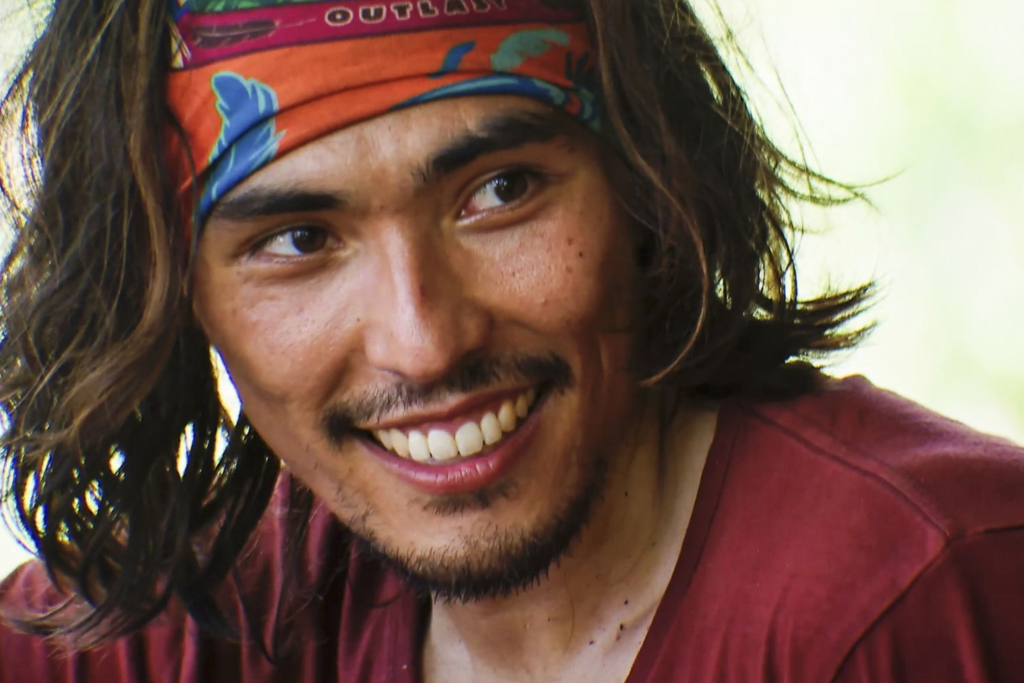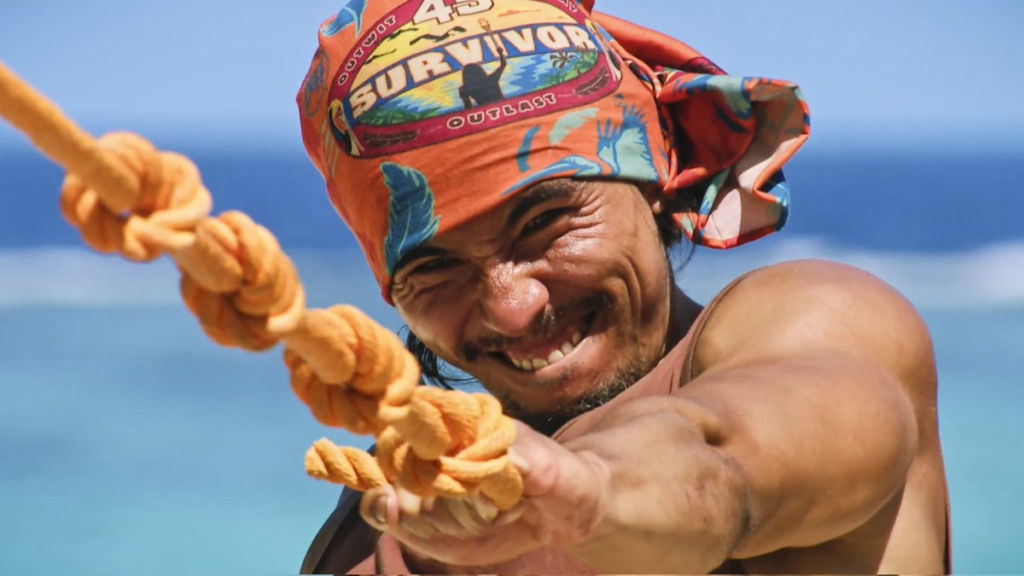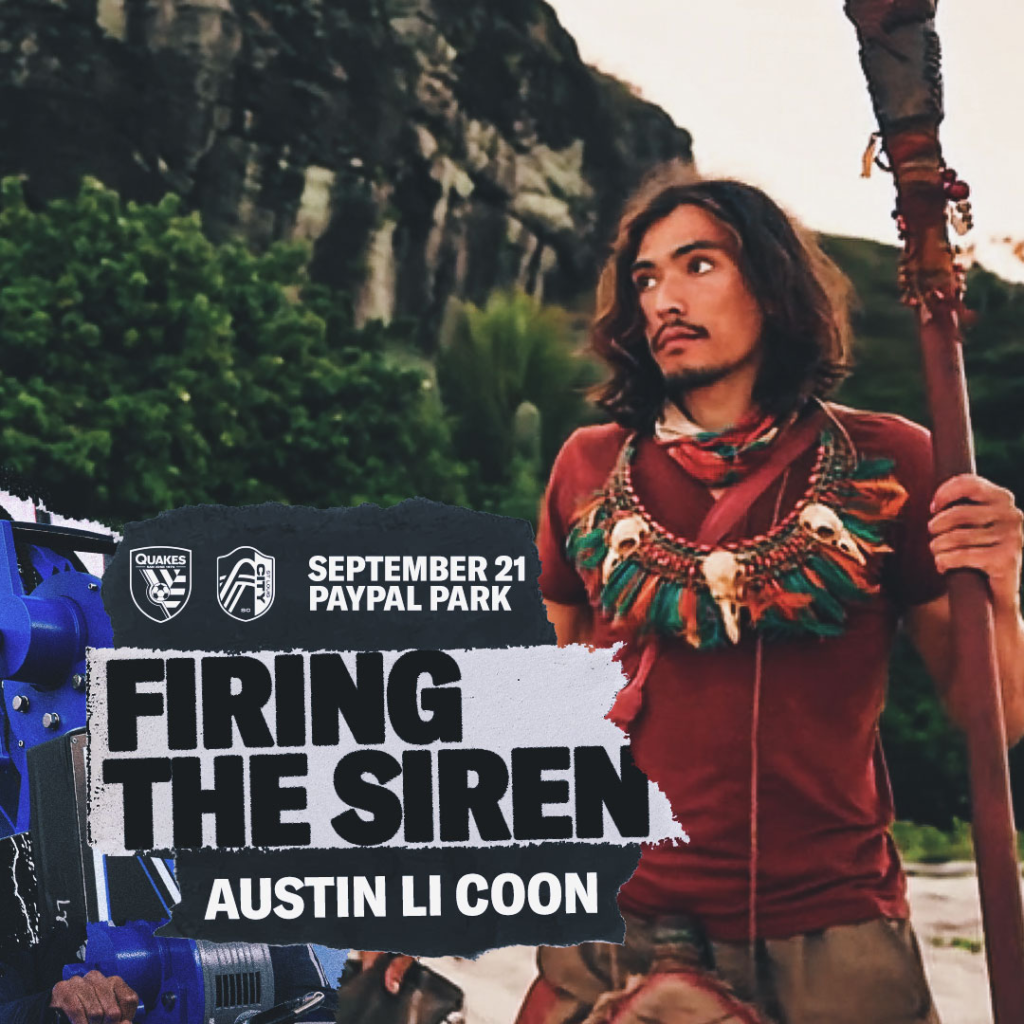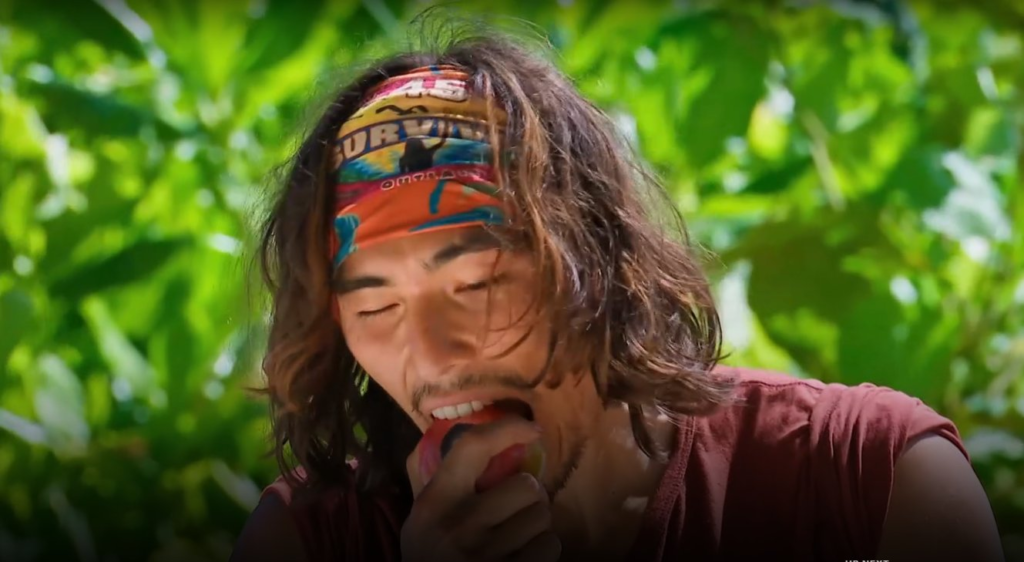When Austin Li Coon applied for Survivor Season 45, he wasn’t just chasing a dream— he was fulfilling an undying passion and a fearless goal to take more risks towards personal growth. Unaware whether or not he would be casted, he still took the chance of a lifetime that tremendously transformed the trajectory of his life, and the fandom of the beloved show’s exhilarating 45th season.
Though he quickly rose as a fan favorite, Survivor’s intense physical challenges, cutthroat strategies, and complex social dynamics were only part of the story for Austin. In this candid conversation Austin shares how his Bay Area roots, academic lessons from Purdue and UChicago, and AAPI identity helped shape his strategic approach and positive mindset in navigating criticism and protecting his mental health through tough moments beyond the competition.
Hi Austin! Great to reconnect from our Purdue days (Boiler Up!). Starting with your experience from Survivor, you’ve said a key takeaway was the importance of storytelling. In preparation for your application, did your time at Purdue prepare you- teamworking, interviewing, physically, etc.?
Without Purdue, I would have never had the confidence or ability to compete on Survivor. My freshman year, I took a communications class where we gave speeches, and as someone who panicked at the thought of public speaking, this course terrified me. As tough as it was, by the end of the semester, I had learned to overcome this fear and weakness. Overcoming this lifelong fear showed me the value of challenging yourself, as it is in these moments where the most growth and fulfillment is found. The dream of playing Survivor was largely fueled by a desire to push myself further than ever before and reach new depths within myself. I attribute this mindset to my time at Purdue.
Did your knowledge with Game Theory or Behavioral Economics have any benefits or helped you notice certain strategies?
My Game Theory and Behavioral Economics courses helped structure my approach to the game. To succeed on Survivor, you need to be able to anticipate your opponents’ strategies so you can optimize your own route to the finale. That said, anticipating the strategies and motivations of every other player is debatably the most difficult part of the entire game. There’s an infinite amount of moves players can make in the game, and predicting them requires a deep personal understanding of each player. That’s where my psychology minor came in!

Can you elaborate on adopting a “moonshot” mentality and carving your own path?
Throughout the casting process, Jeff Probst encourages contestants to “play as if it’s your second time.” In other words, players should play aggressively, make big moves, and take the game by its horns. And as important as it is to have this second chance mentality in the game of Survivor, I think it’s equally as important to carry this mindset throughout our everyday lives.
When I applied to Survivor, I knew that the odds of me getting on the show were slim to none. That said, my mentality was that I never wanted to look back at my life and ask “what if?” And while applying to Survivor was one of the most successful “moonshots” I’ve ever taken in my life, it was not the first and certainly will not be the last. Even if only 1 out of every 100 moonshots hit, I’ll take that shot every time.
How is your MBA going? What are some classes you’ve enjoyed or noticed related to aspects of Survivor?
This past June, I graduated with my MBA from UChicago. I was in classes throughout the entire casting, filming, and airing process. The MBA is a very social degree and involved me interacting with dozens of classmates, professors, business leaders, consumers, etc. Similarly, Survivor is a very social game. You can come into the game with muscles that bulge out of your clothes and a laundry list of innovative strategies, but without solid social skills, you’re a fish out of water. I truly believe that the constant social interactions with people every day during my MBA program (as well as 100+ hours of playing Mafia-like board games with my classmates) paid dividends when I stepped onto the beaches of Fiji.
What did it mean to you to be a representation for the AAPI identity and community on television media?
It means a lot to me to be able to represent the AAPI identity. There isn’t a ton of representation in mainstream TV, and oftentimes the same exaggerated “archetypes” are casted in both scripted and reality TV. Growing up, I was often insecure about being Asian. I hated the fact that I felt this way, and it made me especially determined to play the game hard and confident. I wanted to go on the show as more than just a smart Asian guy who can solve math puzzles, but also as a relentless physical competitor & a genuine and thoughtful tribemate that kids could look up to. And I fully believe this additional drive helped push me through many of the toughest moments of the game.

When it comes to negative responses, what strategies do you take towards your mental health and confidence, and what can you say for men/AAPI in particular about prioritizing mental health?
I really had the full spectrum of emotions and public response during the airing of my season. For much of the season, I was a well-liked character and would receive constant praise for my gameplay and approach to the game. This changed towards the end of the season when a decision I made backfired, leading to the fan-favorite being idoled out of the game at the hands of my “showmance” Dee.
Immediately following this episode, I received thousands of hateful messages directed at me on every social media platform imaginable. I couldn’t open my phone without reading a sea of comments insulting anything and everything about me. What made it especially tough was that aside from my brother and roommate at UChicago, I hadn’t told anybody what happened on my season because I wanted my friends and family to fully enjoy watching. Unfortunately, that left me feeling alone to deal with my mental health.
My mental health was at its lowest point in the small handful of days leading up to a short trip to Phoenix that I had booked a few weeks prior. The negative response was beginning to get overwhelming, so I decided to confide in the girl that I flew to Phoenix to visit… and who I had also just met a month ago. Being able to talk through how I was feeling and my perspective on everything made the world of a difference, especially since I felt like she could understand it all better than most. I left Phoenix refocused on my real-life friendships and relationships, and because of her, was able to better separate the online trolls from the great people I had in my life.
It’s always been difficult for me to show vulnerability and open up about my feelings. I’ve learned through this experience how healing it can be to open up to someone you trust. It’s never worth battling something alone when there are people out there who can and want to help, and it’s so important to seek out these people when times are tough. The hate comments still come through regularly, but they are the minority and don’t bother me anymore. I’m so grateful to have played Survivor, and I have no regrets in my decisions on the island.

You recently returned to San Jose for the Earthquakes. How would you say the Bay Area community shaped who you are and what do you appreciate about it? Any shout-outs to fave spots?
I loved growing up in San Jose and have been a hardcore Bay Area sports fan my whole life. I was even the president of the San Jose Sharks Fan Club at my high school! This past summer, I was honored to have rung the siren at a San Jose Earthquakes game. Growing up in the diverse Bay Area taught me how to connect with different people and ultimately made me a more empathetic and understanding person. NorCal will always be my home, and I love any opportunity to make my way back to the Bay. Shout-out to Gombei in Japantown for always being my go-to “welcome home” food spot!!
Lastly, how was eating the fish eye??
I would sink my teeth into another in a heartbeat. Maybe with some soy sauce and wasabi this time

Thank you for the thoughtful and thorough answers, Austin, and I can’t wait to see what you’re up to next!
For Austin Li Coon, Survivor Season 45 wasn’t just a game—it was a life experience that cemented everything he’d learned about mental strength, strategy, and self-discovery.
This interview has been edited and condensed for clarity.































